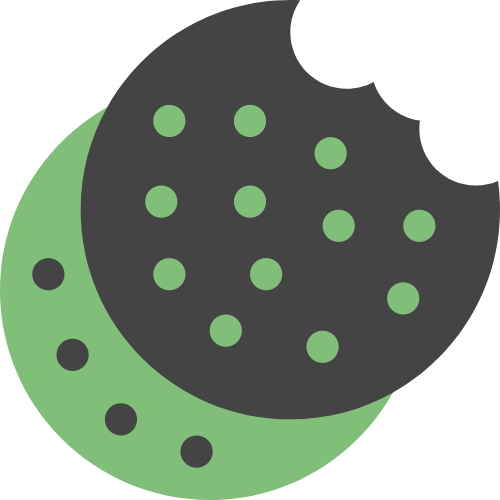The difference between a supplement and a functional food lies in both form and function. Supplements are often isolated, synthetic nutrients delivered in capsules or tablets. Functional foods are real, whole-food formulations rich in polyphenols, vitamins, or bioactives — designed to nourish systems through natural synergy .
Supplements aim to correct. Functional foods aim to restore. That’s the philosophical and physiological divide.
- Supplements: Deliver 1–2 nutrients, often at pharmacological doses, outside food context
- Functional foods: Provide a spectrum of compounds — polyphenols, fatty acids, vitamins — in a digestible matrix
- Absorption: Supplements rely on fillers and binders; functional foods use micelles, lipids, and natural carriers
So the difference between a supplement and a functional food is not just nutritional — it’s systemic.
- High-phenolic olive oil delivers bioactives through fat-soluble absorption — just like your body expects
- Pomegranate + curcumin concentrate uses micellar technology to mimic digestive delivery
- No synthetic excipients, megadoses, or isolates — just real foods that function at the molecular level
Functional foods speak your biology’s language — supplements often shout over it .
The difference between a supplement and a functional food is more than a delivery format — it’s a biological strategy. Functional foods are designed to integrate, not isolate.
Tip: If it comes in a capsule, ask why. If it comes in a bottle, spoon, or glass — it’s likely food for your genes.
